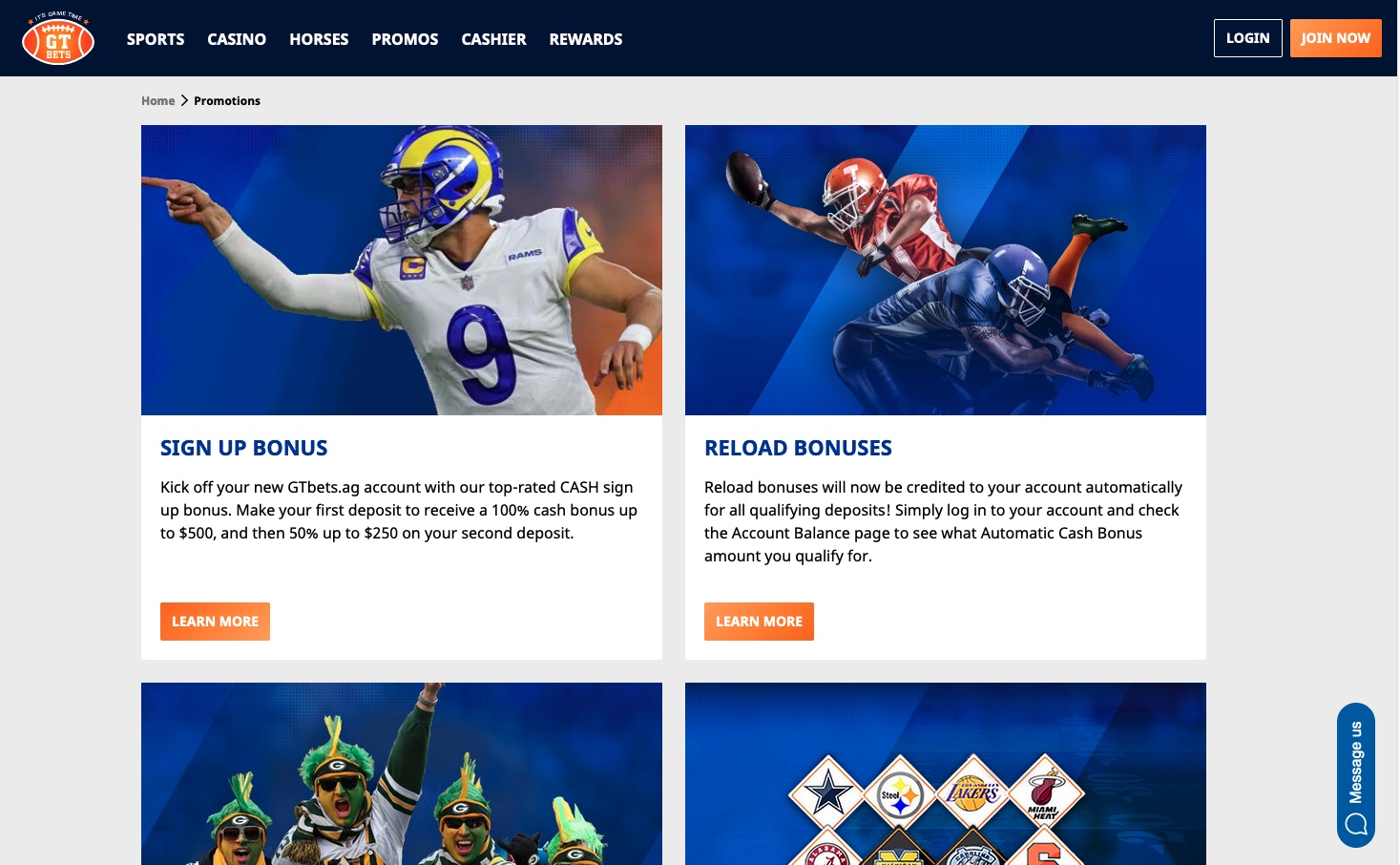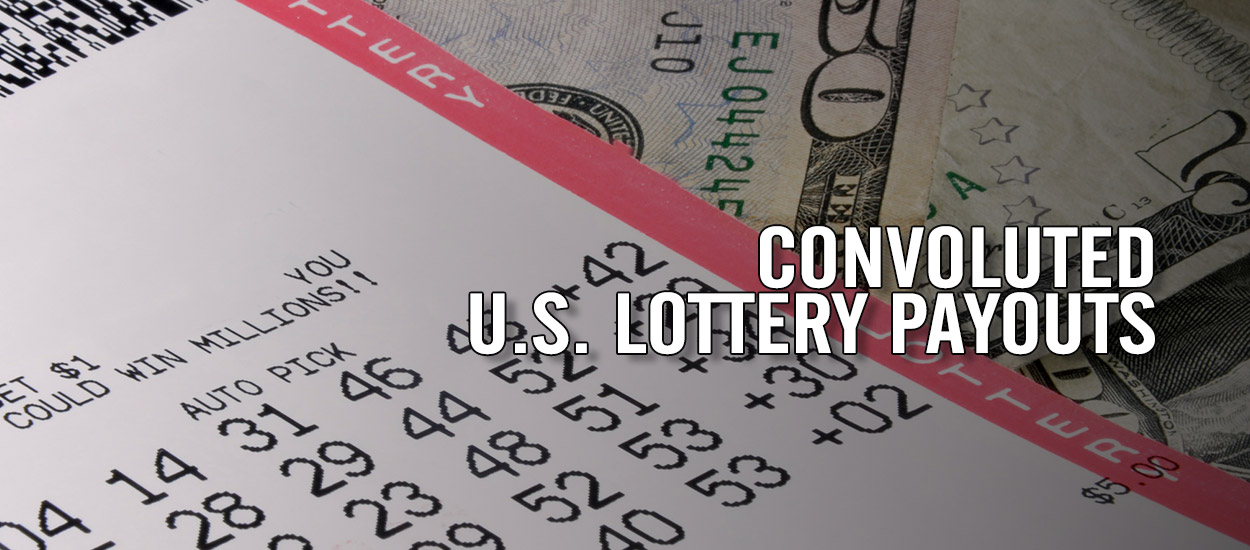
Mergers dominated the news in Europe but China also made it way into the top global gambing stories of 2105, and not in a good way. Hartley Henderson lists his top 5 global gambling stories of the year.
#5 - The controversy over hurdles races in Europe
In 2015, Tony (A.P.) McCoy retired as a horse racing jockey in Britain and while for many British horse racing fans it was heartbreaking to see him leave given his record 4,348 wins, to others they were happy to see him go since they believe he gave some prestige to a brutal sport that should be outlawed.
Steeplechase and hurdles (jumps) races are very rare in North America, and when they do take place they are always met by protestors from PETA and the like. But in Europe they take place daily and are unquestionably a guilty pleasure of European horse racing fans (particularly in the U.K. and Ireland). The races attract large fields, take place over several minutes and generally can be quite entertaining according to fans. But they also are very dangerous. Statistics show that 1 horse dies for every 140 starts in jumps races compared to 1 horse for every 2300 starts in flat racing. According to the website horsedeathwatch.com there have been 1,332 horse deaths in the 3,216 days of racing they have been following the sport, beginning with the Cheltenham Festival in 2007. The vast majority of deaths have been in jumps racing. In fact in 2015 there were 121 horse deaths, of which over 80% were in jumps races.
There were quite a number of articles written about the dangers of the sport and whether it should be banned leading up to this year's Cheltenham Festival and fortunately for event organizers only 2 horses died, Rolling Star and Theatre Queen, which is quite a drop from the number in previous years. The record was 11 deaths in 2006. The reason for the interest was likely from comments made by Ruby Walsh the prior year, when he seemed almost indifferent to a champion horse he was riding falling and being put down:
"It's sad, but horses are animals, outside your back door. Humans are humans. They are inside your back door. You can replace a horse. You can't replace a human being. That's my feeling on it," Walsh told media.
In Australia only the province of Victoria allows jumps racing after the other 2 provinces banned it and apparently in 2015 Victoria has been debating whether to ban it too. Several U.S. states are deciding how to handle the calls to disallow jumps racing altogether and now apparently some European countries outside of the U.K. are wondering if the benefits of jumps racing to the industry outweigh the risks according to newspaper reports.
While 2015 was fortunately not a terrible year for horse deaths, likely as a result of good weather in the U.K., for most of the year it was also the year where many countries decided to seriously start looking at the sport and contemplating its future.
# 4 - DFS tries its hand in Europe
While Daily Fantasy Sports has been successful in North America for over 5 years it's uncertain whether it could have the same success in Europe. The 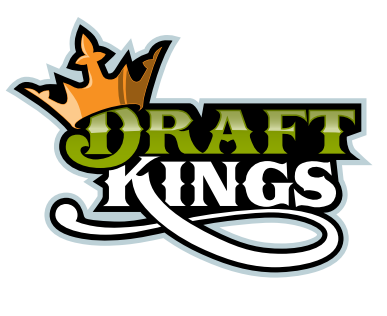 British Premiere League offers a free season long fantasy sports contest in conjunction with EA Sports attracting almost 2 million users and various other companies like Sky Sports and the Sun newspaper have season long contests as well. There is one non-free site in Europe, Mondogoal, which offers a daily fantasy sports product exclusively on soccer for all the major European leagues and by all accounts they have around 25,000 customers and have been fairly successful. But now FanDuel and DraftKings seem ready to take on Europe as well. DraftKings obtained a license although they have not started operating yet and FanDuel has applied for a license and their CEO Nigel Eccles stated they expect to be operating in 2016.
British Premiere League offers a free season long fantasy sports contest in conjunction with EA Sports attracting almost 2 million users and various other companies like Sky Sports and the Sun newspaper have season long contests as well. There is one non-free site in Europe, Mondogoal, which offers a daily fantasy sports product exclusively on soccer for all the major European leagues and by all accounts they have around 25,000 customers and have been fairly successful. But now FanDuel and DraftKings seem ready to take on Europe as well. DraftKings obtained a license although they have not started operating yet and FanDuel has applied for a license and their CEO Nigel Eccles stated they expect to be operating in 2016.
Eccles admits that one of the reasons he is interested (and likely DraftKings too) is that the sites realize that unregulated daily fantasy sports in the U.S. is probably going to be stopped pretty soon and FanDuel is looking for something to complement the U.S. product. They will likely focus on soccer although other sports like F1, golf, rugby and cricket could also be on the radar. In fact, soccer would probably be the most difficult sport to generate a fantasy market for because there are so few goals and shots in soccer that it would be difficult to come up with a scoring system that would make sense on a daily basis. For that reason Eccles is even throwing out the idea of a different skill based contest that isn't technically fantasy sports for soccer.
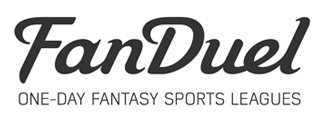 Fortunately for the DFS sites the rules and regulations in Europe are far less cumbersome than in the U.S. There is no UIGEA that would force the companies to limit themselves to multiple games and there is no law that requires the sports to be team sports, one of the reasons FanDuel has chosen not to offer golf or NASCAR in North America. At the same time the companies have to realize they will be competing in a market where sports betting is legal and encouraged and that unlike in the U.S. DFS is not the only legal game in town. And they will have to deal with the U.K. Gross Consumption Tax as well as taxes and regulatory requirements in other EU countries which could make the product illegal or unprofitable.
Fortunately for the DFS sites the rules and regulations in Europe are far less cumbersome than in the U.S. There is no UIGEA that would force the companies to limit themselves to multiple games and there is no law that requires the sports to be team sports, one of the reasons FanDuel has chosen not to offer golf or NASCAR in North America. At the same time the companies have to realize they will be competing in a market where sports betting is legal and encouraged and that unlike in the U.S. DFS is not the only legal game in town. And they will have to deal with the U.K. Gross Consumption Tax as well as taxes and regulatory requirements in other EU countries which could make the product illegal or unprofitable.
That said, it appears some sports teams are ready to set up partnerships with DraftKings and FanDuel in the U.K. and based on comments on fantasy sports forums in Europe it appears many people are anxious and willing to give DFS a chance if and when it gets off the ground.
This news is certainly welcome for both DraftKings and FanDuel who have had a very rough year in light of the DraftKings leak and corresponding calls by U.S. states to ban and/or regulate the product stateside.
# 3 - The continued decline of Macau gambling
For some time it appeared that anyone who was anyone in the casino business had to be operating in Macau. The population of China, the increased wealth of many Chinese businessmen and their love for gambling was just too much to pass up. As a result companies like The Sands, Wynne and MGM rushed into Macau and all of them seemed willing to put up with corruption, gangs and all around shenanigans just to be a part of the market. For  some time Macau made up more of the revenues for Nevada based companies than the casinos in Las Vegas did. But things started to change in 2014. The Chinese government began a crackdown on government corruption, much of it sparked by the allegations against The Sands mentioned in the top North American stories, and the government forced junkets to abide by new rules regarding credit offered to VIP customers and also to abide by strict new accounting rules. This move, combined by a big slump in the Chinese economy convinced many junket operators not to bother operating. In fact almost 40 junkets closed shop in 2015. As well, many of the high rollers that previously had more money than they knew what to do with simply didn't have the money to throw away on gambling as before and as a result they simply wagered far less at the casinos when they did go.
some time Macau made up more of the revenues for Nevada based companies than the casinos in Las Vegas did. But things started to change in 2014. The Chinese government began a crackdown on government corruption, much of it sparked by the allegations against The Sands mentioned in the top North American stories, and the government forced junkets to abide by new rules regarding credit offered to VIP customers and also to abide by strict new accounting rules. This move, combined by a big slump in the Chinese economy convinced many junket operators not to bother operating. In fact almost 40 junkets closed shop in 2015. As well, many of the high rollers that previously had more money than they knew what to do with simply didn't have the money to throw away on gambling as before and as a result they simply wagered far less at the casinos when they did go.
The result of this new reality hit home as gross gaming revenue (GGR) in Macau declined for 18 straight months beginning in the middle of 2014 and for all of 2015. GGR was down over 35% for the first 11 months of 2015 compared to 2014 and it was expected to decline even more in 2016. Macau's Chief Executive, Fernando Chui Sai On projected that GGR in 2016 would be around 25 billion USD compared to the 45 billion USD Macau made in 2013. As a result of this hit to gaming revenue Macau announced pay cuts to both gaming workers and public servants.
Despite the huge decline there is still hope by gambling companies that things will turn around and two resort casinos opened in Macau in 2015, a 2nd phase Galaxy Macau and Studio City by Melco Crown. Other mega resort casinos are also expected to open in 2016 by the 3 major Nevada based companies. Unfortunately if projections are correct and things don't change soon one has to wonder if these new mega resort casinos won't suffer the same fate as what happened to the Revel in Atlantic City.
#2 - The online sports betting fiasco in Germany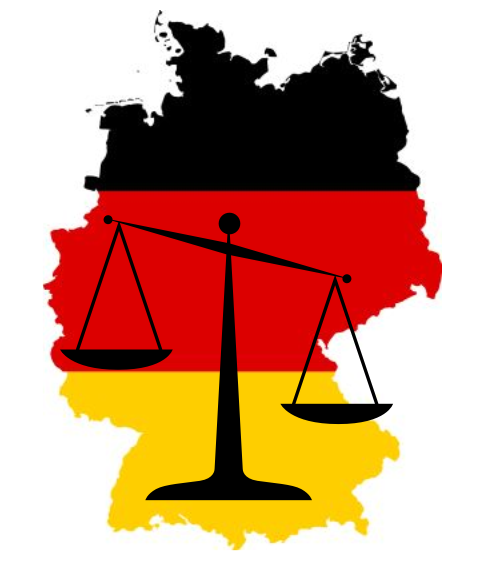 The German government believed it had finally solved the online sports betting issue last year when the holdout state Schleswig-Holstein agreed to join the new federal treaty, and the federal government announced the names of 20 licensees who were to get online sports betting licenses (online casino and poker remains illegal). The successful companies included subsidiaries of Betfair, Bwin.Party, Ladbrokes, Mybet and 16 German companies. Penalties for those who try to operate without a license would be significant including the arrests of any management from those companies once they touch down on German soil. The tax system was also agreed to so it was just a matter of dotting the "i"s and crossing the "t"s. Or so the government thought. Several companies who lost the bid for a license including Bet365 and Victor Chandler appealed to the EU arguing that the process the German government used in choosing licensees was flawed and the EU agreed with them stating that Germany's licensing scheme did not fit with European licensing standards nor was it transparent enough to deem that the licensees were chosen fairly. Moreover, the Sports Advisory Board (which is made up of German interests including sports teams) indicated that they weren't happy with the 20 licensees that were chosen nor were they consulted as they were told they would be and the main court in Hesse halted all licensees from operating until the whole process could be evaluated for fairness, openness and transparency. Other courts in different parts of Germany also stated concerns about the process and it was clear that the way they chose the 20 licensees would likely never hold up to challenge by any German court or by a court in the EU. As a result the German minister in charge of online sports betting admitted the whole process was flawed and was prepared to toss out the licenses which were granted to date and start the process over. The country was also given another blow when an EU court threw out attempts by the German government to prosecute unlicensed operators because the country's gambling regulations run contrary to EU law thus making their threats to prosecute operators without a license meaningless.
The German government believed it had finally solved the online sports betting issue last year when the holdout state Schleswig-Holstein agreed to join the new federal treaty, and the federal government announced the names of 20 licensees who were to get online sports betting licenses (online casino and poker remains illegal). The successful companies included subsidiaries of Betfair, Bwin.Party, Ladbrokes, Mybet and 16 German companies. Penalties for those who try to operate without a license would be significant including the arrests of any management from those companies once they touch down on German soil. The tax system was also agreed to so it was just a matter of dotting the "i"s and crossing the "t"s. Or so the government thought. Several companies who lost the bid for a license including Bet365 and Victor Chandler appealed to the EU arguing that the process the German government used in choosing licensees was flawed and the EU agreed with them stating that Germany's licensing scheme did not fit with European licensing standards nor was it transparent enough to deem that the licensees were chosen fairly. Moreover, the Sports Advisory Board (which is made up of German interests including sports teams) indicated that they weren't happy with the 20 licensees that were chosen nor were they consulted as they were told they would be and the main court in Hesse halted all licensees from operating until the whole process could be evaluated for fairness, openness and transparency. Other courts in different parts of Germany also stated concerns about the process and it was clear that the way they chose the 20 licensees would likely never hold up to challenge by any German court or by a court in the EU. As a result the German minister in charge of online sports betting admitted the whole process was flawed and was prepared to toss out the licenses which were granted to date and start the process over. The country was also given another blow when an EU court threw out attempts by the German government to prosecute unlicensed operators because the country's gambling regulations run contrary to EU law thus making their threats to prosecute operators without a license meaningless.
To date no final decision has been made on how the German government will proceed but industry people seem to believe that Germany will increase the number of licenses given out and the current licensees will still be able to offer their services but many non-German companies who were declined will now get licenses as well. There is also some belief that the tax system will be changed somewhat to make it more consistent with other European countries.
#1 - Betfair and Paddy Power Merger
The new U.K. point of consumption gambling tax discussed in 2014 along with other taxes imposed in the U.K. convinced companies that they had to merge to survive. Profits were way down and as a result 3 significant mergers and acquisitions occurred to help cut costs and realize some economies of scale. GVC investments purchased Bwin.Party for about £1.3 billion after their attempt to buy 888 holdings fell through, Ladbrokes merged with Coral in a £2.3 billion merger, but the biggest merger was Betfair and Paddy Power worth around £5 billion.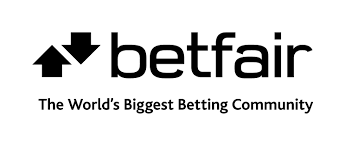
 The Paddy Power and Betfair merger was somewhat surprising since both companies seemed to be doing quite well on their own and Betfair had actually experienced a huge increase in profits in recent years thanks to the new sportsbook which utilized the exchange to offer odd boosts and other key moves made by CEO Breon Corcoran. Nevertheless both companies believed it was necessary in order to generate the most profits for shareholders and the realities of how lucrative and intelligent this move was occurred immediately when shares of Paddy Power and Betfair rose 24% and 23% respectively upon announcement of the merger. Generally with these types of mergers one company's stock increases while the other sees a large decrease. Under the terms of the deal Paddy Power shareholders are to keep 52% of the amalgamated shares, Betfair shareholders keep 48% of the shares and the companies would merge key aspects of the business although they would continue to operate separately. The headquarters is to be located in Dublin, Ireland and the CEOs of both companies are to remain active although Paddy Power's CEO Gerry McGann is the CEO of the merged company. It's not 100% certain how the new company will be operated although the expectation is that Betfair will run the exchange and Paddy Power will operate a consolidated sportsbook. Poker isn't an issue since both are on the iPoker network and similarly the casino in both places uses a combination of Playtech and NETent which is the standard in Europe.
The Paddy Power and Betfair merger was somewhat surprising since both companies seemed to be doing quite well on their own and Betfair had actually experienced a huge increase in profits in recent years thanks to the new sportsbook which utilized the exchange to offer odd boosts and other key moves made by CEO Breon Corcoran. Nevertheless both companies believed it was necessary in order to generate the most profits for shareholders and the realities of how lucrative and intelligent this move was occurred immediately when shares of Paddy Power and Betfair rose 24% and 23% respectively upon announcement of the merger. Generally with these types of mergers one company's stock increases while the other sees a large decrease. Under the terms of the deal Paddy Power shareholders are to keep 52% of the amalgamated shares, Betfair shareholders keep 48% of the shares and the companies would merge key aspects of the business although they would continue to operate separately. The headquarters is to be located in Dublin, Ireland and the CEOs of both companies are to remain active although Paddy Power's CEO Gerry McGann is the CEO of the merged company. It's not 100% certain how the new company will be operated although the expectation is that Betfair will run the exchange and Paddy Power will operate a consolidated sportsbook. Poker isn't an issue since both are on the iPoker network and similarly the casino in both places uses a combination of Playtech and NETent which is the standard in Europe.
The news had implications elsewhere in the world as well since Paddy Power stopped catering to Canada a few years back when they agreed to be the odds provider for Playnow.com, the B.C. and Manitoba sports lottery and there was a question as to whether the new Paddy Power – Betfair would have to cut off Canada as well. The answer was confirmed in December when Canadian customers were sent an email by Betfair informing them that they will no longer be able to play with Betfair as of January 14th and after that date any attempts to access Betfair with a Canadian ISP would be blocked. The merger has been signed and is expected the new operation called Paddy Power - Betfair will begin on January 14th, the day Canada gets booted from Betfair.
Read insights from Hartley Henderson every week here at OSGA and check out Hartley's RUMOR MILL!













